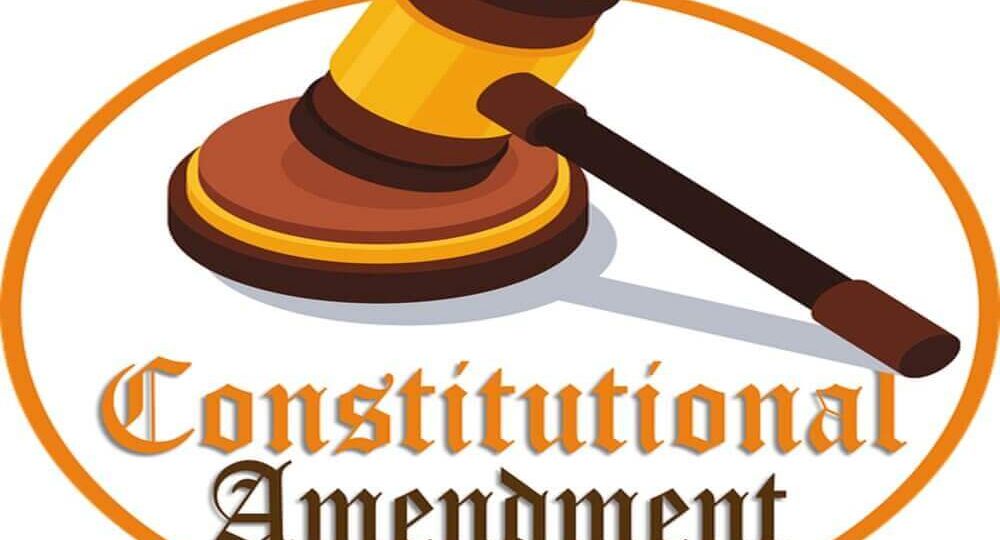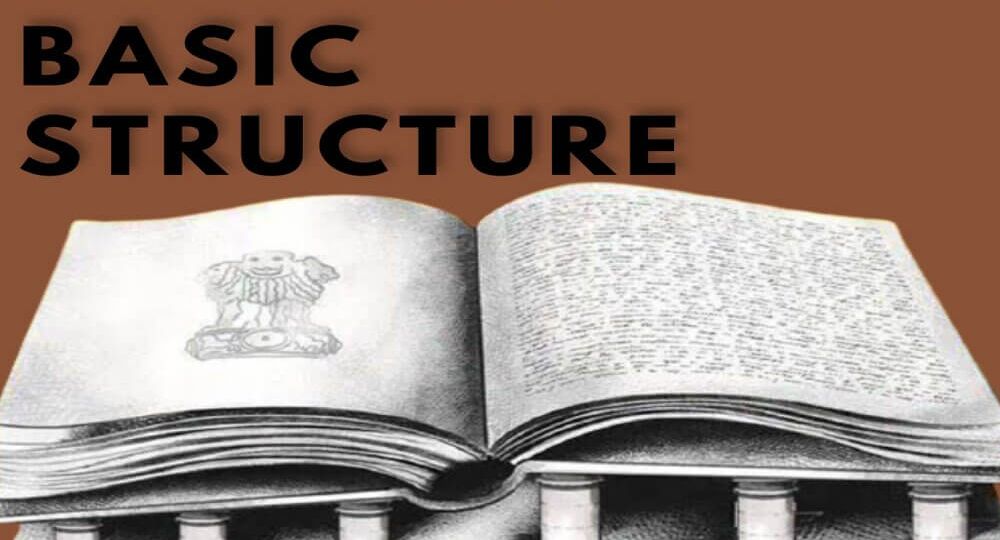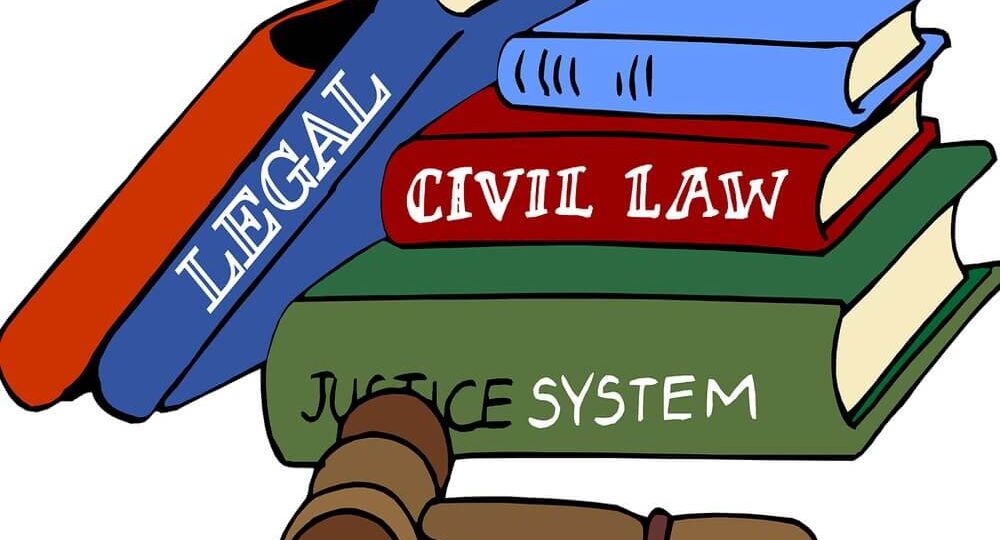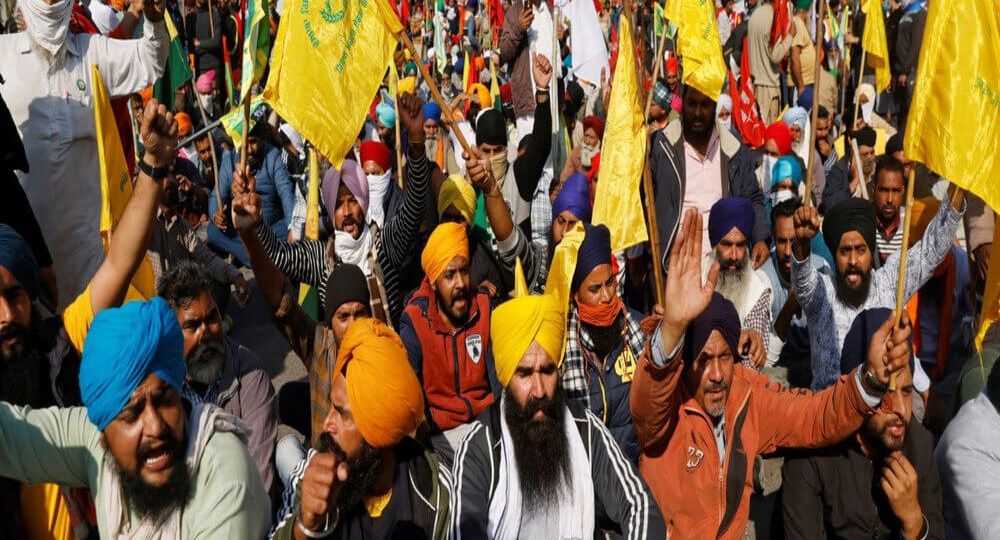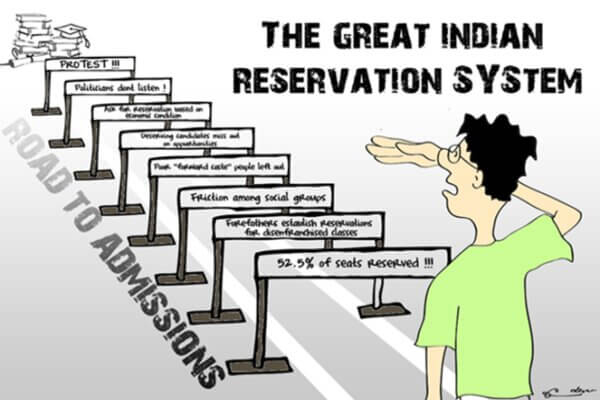India is a diverse and multilingual country. The language represents culture. Every country has its’ own language through which day to day affairs goes between the people in that country. India being a multilingual country is an abode of more than 270 mother tongues spreads over a vast geographic
constitutional law
On July 21, The Supreme Court Bench, comprising of R.F. Nariman, K.M. Joseph and B.R. Gavai, upheld a 2013 judgment of the Gujarat High Court while striking down part IX-B of the Constitution relating to cooperative societies. This Part IX was inserted in the constitution by the way of the 97th
When we look from a jurisprudential point of view, according to the theory of Hans Kelsen’s “Pure theory of law”, the Constitution of any country represents the Grundnorm. These basic norms comprise fundamental principles, laying down the foundation of a civil society that forms the basic structure of the Constitution.
The Ministry of Social Justice and Empowerment has introduced The Constitution (One Hundred and Twenty-Seventh Amendment) Bill, 2021 in Lok Sabha. It is clarificatory in nature. The bill seeks to amend the constitution by adding few provisions that will restore the power of the states
Our Constitution is a distinctive document, not as a result of its length however due to its attributes. It’s our Constitution that removes all variations and makes India a profane, democratic, republic, and sovereign country.
Article 356 of the Indian Constitution has always been in controversy as it lacks clarity. It is enforced when there is a “failure of Constitutional machinery” in a State. The Administrative reforms Commission provides the meaning of this expression.
Life is about making choices. Either it can lead to fortune, happiness, and the welfare of people or cause destruction, unhappiness. It is important to make the right choice because it decides the future. But making the right choice is difficult.
India, the world’s largest democracy, is a melting pot of different opinions, views, ideologies and beliefs. It is the very existence of these differential opinions and views that add flavour to the essence of our democracy. Hence, it is justified that as and
Author(s) Name: Maasir Javed (Student, Bennett University, Greater Noida).
Author(s) Name: Devesh Badoliya (Student, Rajiv Gandhi National University of Law, Punjab).



